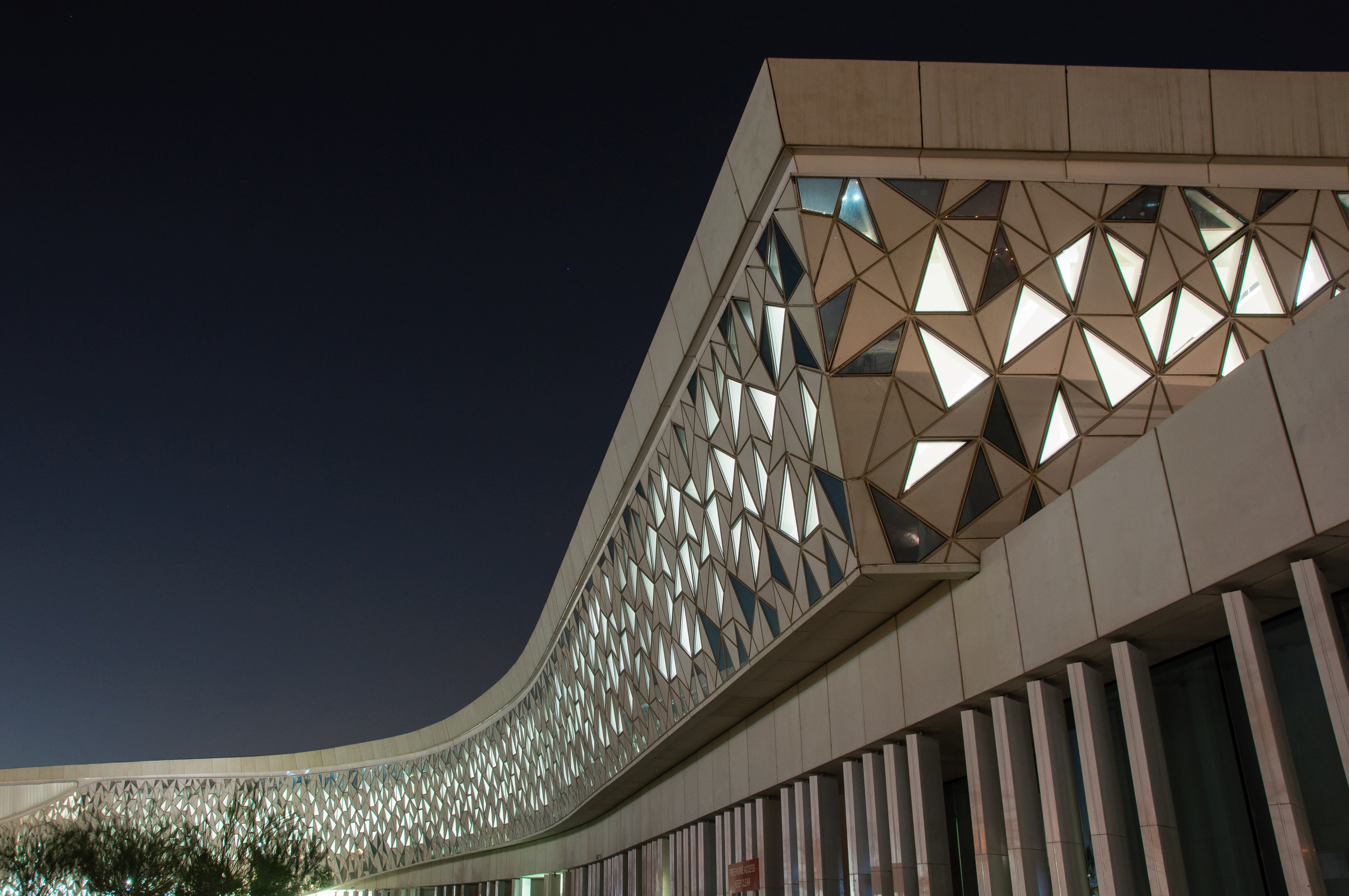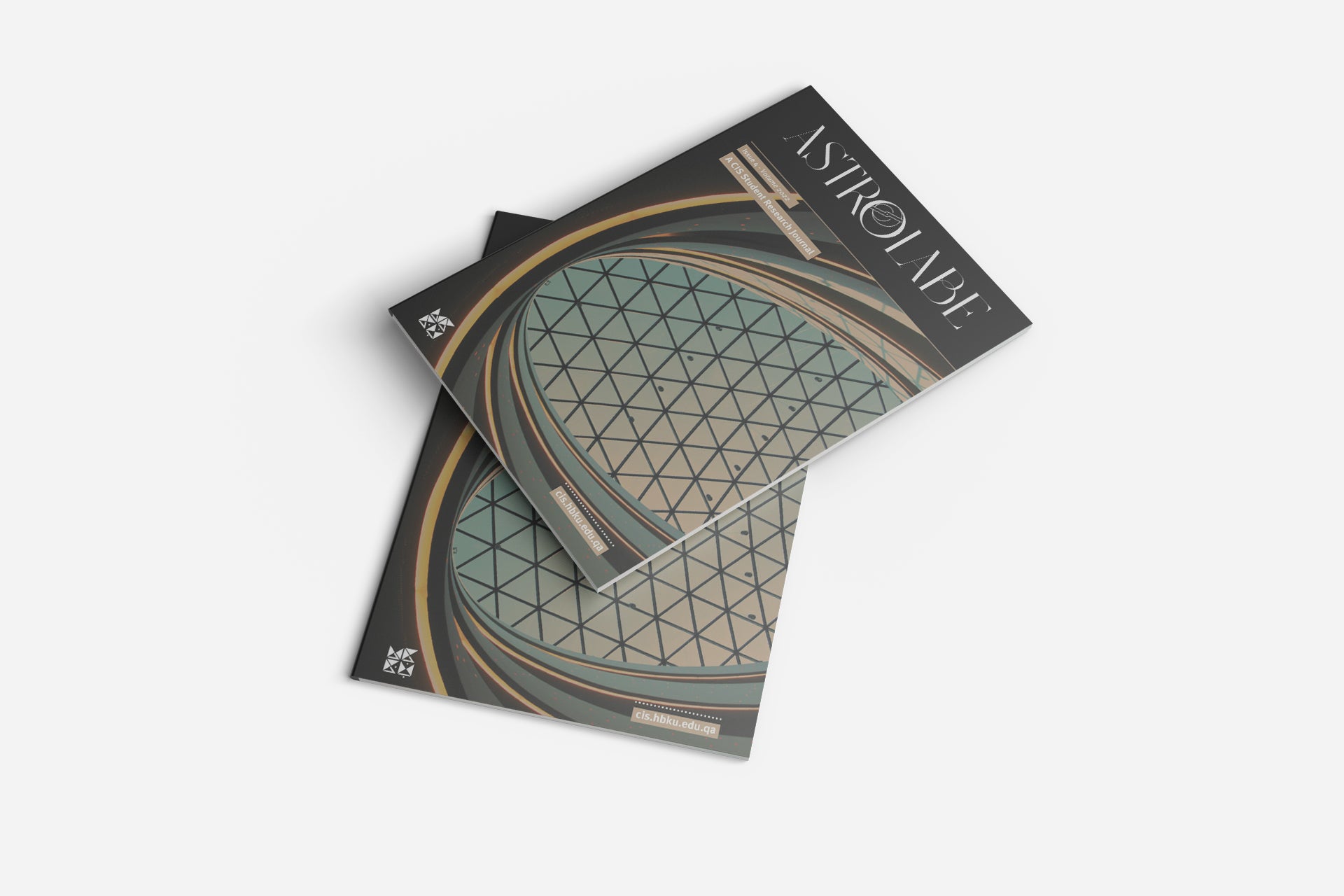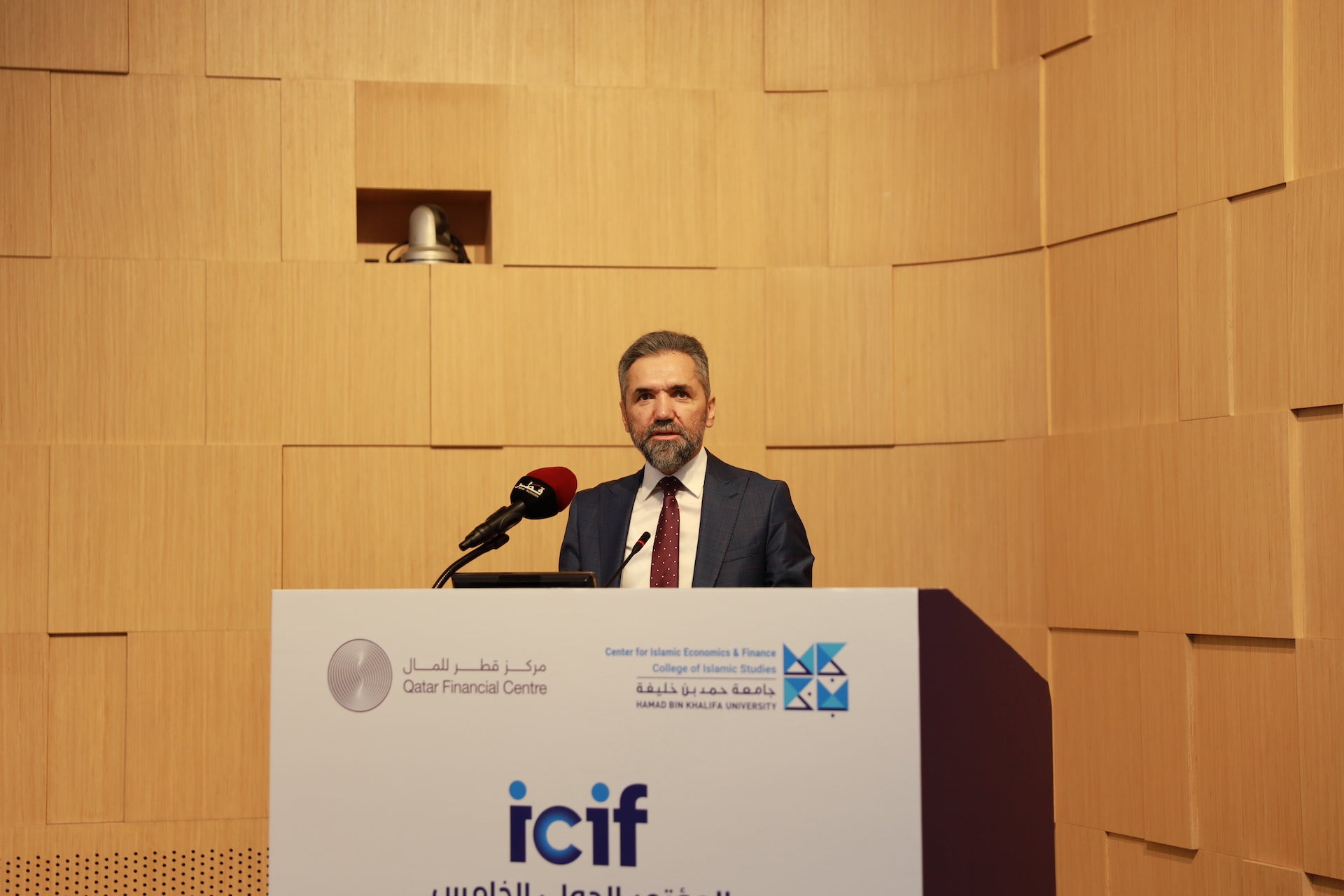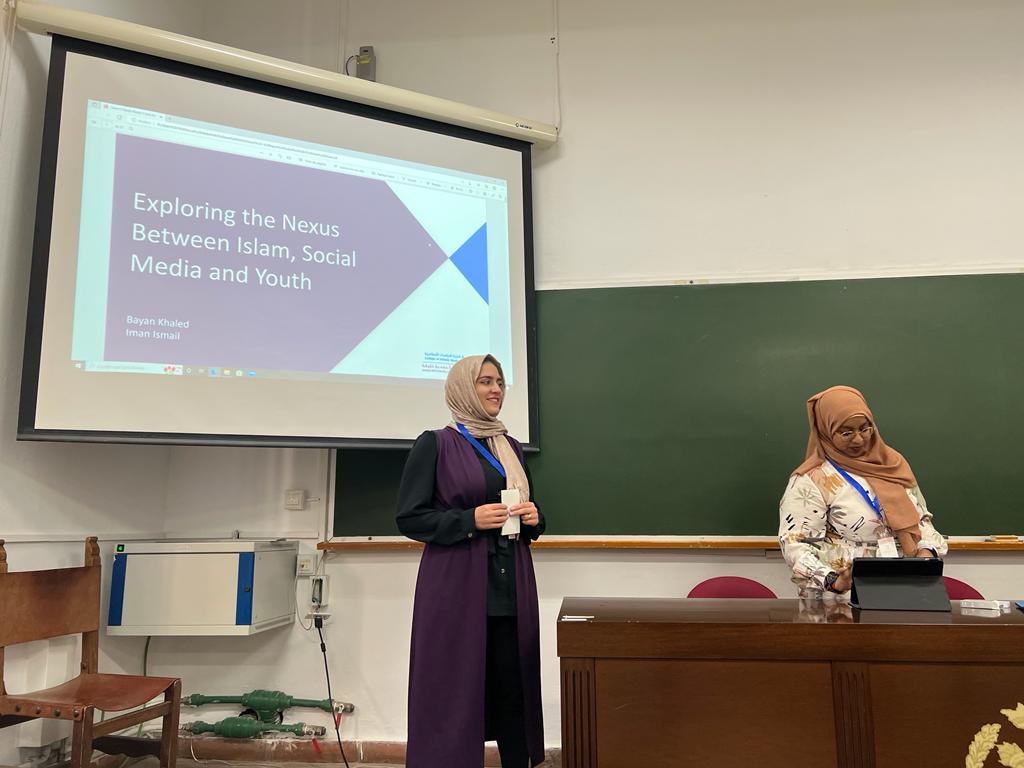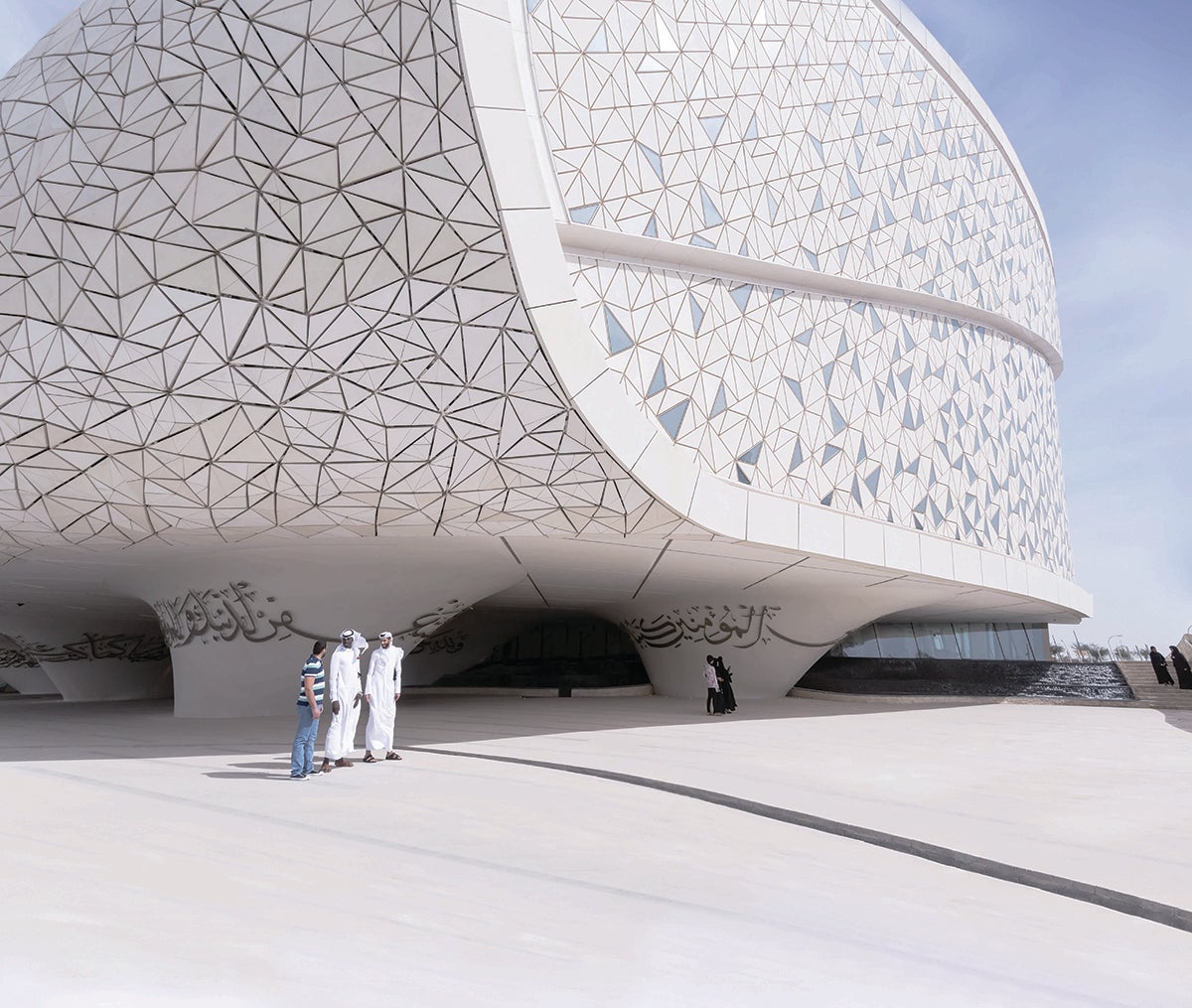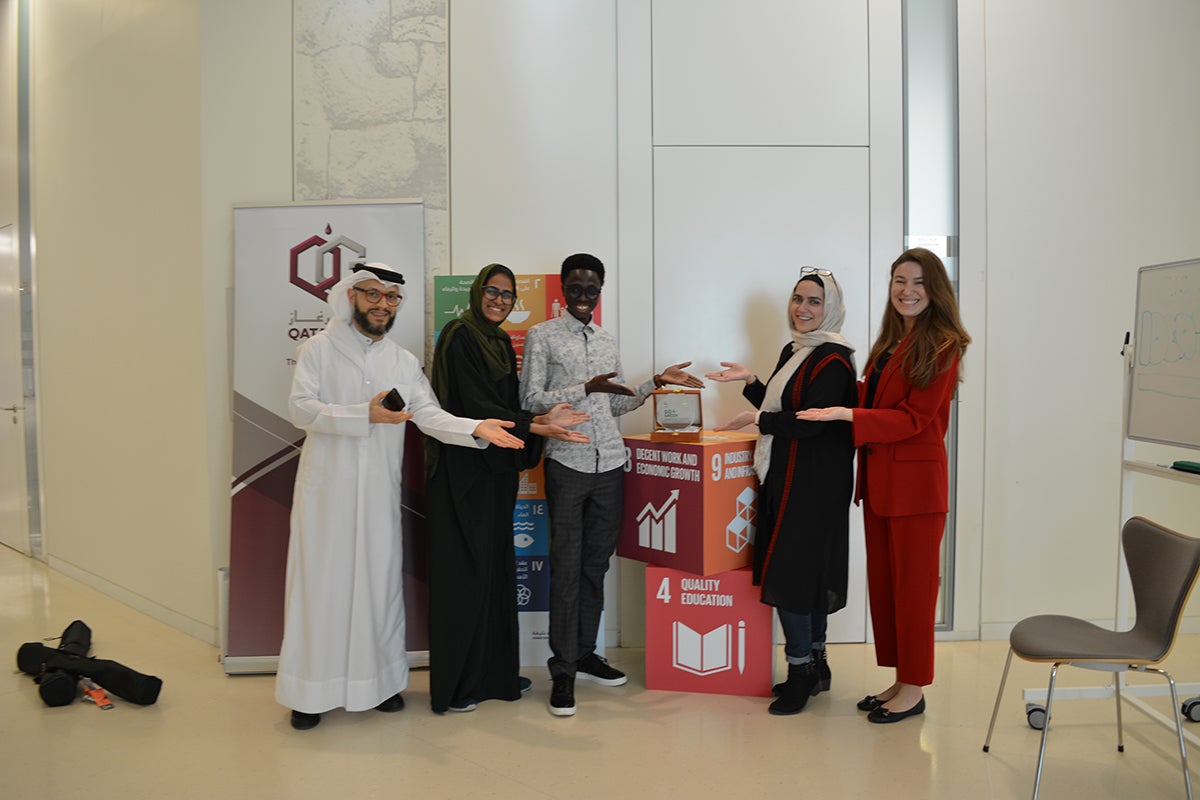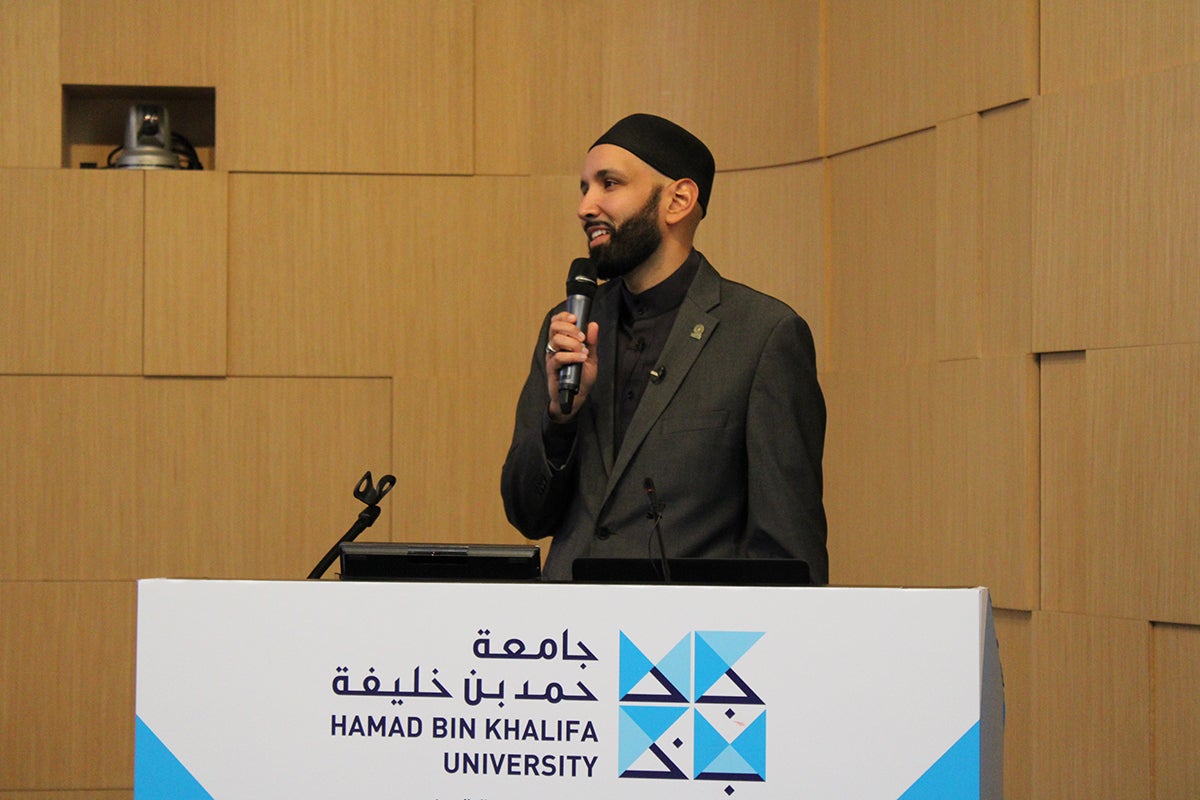By Dr. Evren Tok, College of Islamic Studies at Hamad Bin Khalifa University
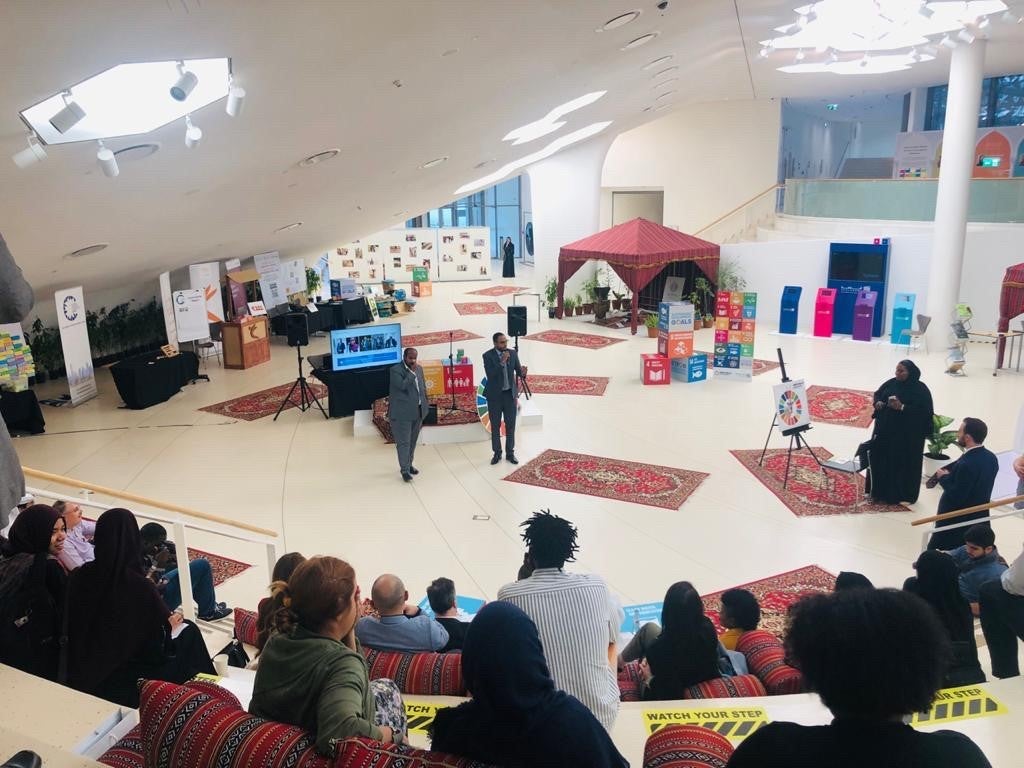
Doha was designated as the Islamic world culture capital for the year 2021 by the Islamic World Educational, Scientific and Cultural Organization (ICESCO). The timing of this tremendous honor for the city was significant. The COVID-19 pandemic has proven to the world that, for religious believers, the pursuit of knowledge for the improvement of well-being is in dire need of a dialogue between faith and science.
Neither science nor faith alone can ensure that humanity is able to effectively advance through any global crisis. For that reason, it is vital to establish and uphold a bond between them. The Islamic worldview of unity (tawheed) highlights this necessity, ensuring the harmony of both faith and science, arts and crafts, theory and practice.
To this end, the year-long celebration aimed at promoting eternal Islamic values, especially those based on science and human dignity. It sought to make faith integral to developing social, economic, environmental innovations that enhance the lives and well-being of Muslims.
"Doha, Capital of Culture in the Islamic World 2021" encompassed a series of activities led by the Ministry of Culture and Sports, in cooperation with ICESCO, the Qatar National Committee for Education, Culture and Science, and several strategic partners in the country, namely, the Ministry of Education and Higher Education, the Ministry of Endowments and Islamic Affairs, Qatar Foundation for Education, Science and Community Development (QF), Qatar Museums, the Cultural Village Foundation (Katara), and many participating entities. Various activities included the Challenge and Innovation Forum, Qatari Song Festival, and other enriching initiatives on culture, literature, history and science.
Science-Faith-Innovation Nexus: The Role of Schifa
Maker Majlis, a platform under the College of Islamic Studies, part of Hamad Bin Khalifa University, left a mark by organizing the Science, Faith and Innovation for Human Dignity (Schifa) program. Schifa offers an opportunity for young scholars, professionals, entrepreneurs, and innovators who aspire to prepare, engage, reflect, and act upon the nexus of science, faith, and innovation to respond to global challenges that undermine social cohesion and human dignity. The seven-month program aims at promoting the maker culture in science communication and innovative design in collaboration with Qatar Scientific Club, Doha Debates, Qatar Reads, and Voicing Voices.
Fostering the mindsets needed to unite and inspire a generation to solve the world’s challenges and build a better future for generations to come is at the heart of Schifa’s Deep Dive sessions. With a set of materials carefully curated by Jennifer Geist of Doha Debates, the Deep Dives engage participants and event facilitators alike in conversations that require critical thinking, self-awareness, empathy, tolerance, a sense of civic responsibility, a willingness to learn from others, and a firm belief that individual action matters. These sessions support participants through a systems thinking process as they work to understand and gradually resolve complex global issues through a four-step PERA process: Prepare, Engage, Reflect, and Act by having productive conversations.
The Schifa program, since its inception in October 2021, has hosted 12 Deep Dive talks that examine the program’s core elements in the areas of science, innovation, faith, and human dignity. Examples of Deep Dive talks are “Science Diplomacy”, “History of Islamic Science and Medicine”, “Food and Faith Project”, “Islam and Sustainable Development”. Other discussions examined Islamic Futures and Futures in Islam, Remosquing Communities, Islam and Post-Normal Times, and Socratic Reasoning in Islam.
What is ahead for Schifa?
The main outcome of the Schifa program posits an exciting contribution to humanity, especially in digital times. Participants, in collaboration with the organizers, producers, mentors, and coordinators are producing five online open courses, each focusing on one or more of the United Nations Sustainable Development Goals. Each course will be open to the youth, with the goal of promoting Islamic cultural heritage in today’s interconnected digital world while also encouraging creativity and innovation as important values.
As the year’s celebration of Doha as the capital of Islamic culture comes to a close, Schifa builds on its intent, particularly the central purpose of inspiring Muslim generations to embrace their role in enriching culture at a global level and its focus on the value of cultural diversity for Islamic countries.
For more information about this groundbreaking program, please visit https://www.hbku.edu.qa/en/cis/maker-majlis and follow the Maker Majlis team on Instagram @makermajlis.
Dr. M. Evren Tok is Assistant Dean of Innovation and Community Engagement, Associate Professor of Islam and Global Affairs, and founder of Maker Majlis.
This article is submitted on behalf of the author by the HBKU Communications Directorate. The views expressed are the author’s own and do not necessarily reflect the University’s official stance.




